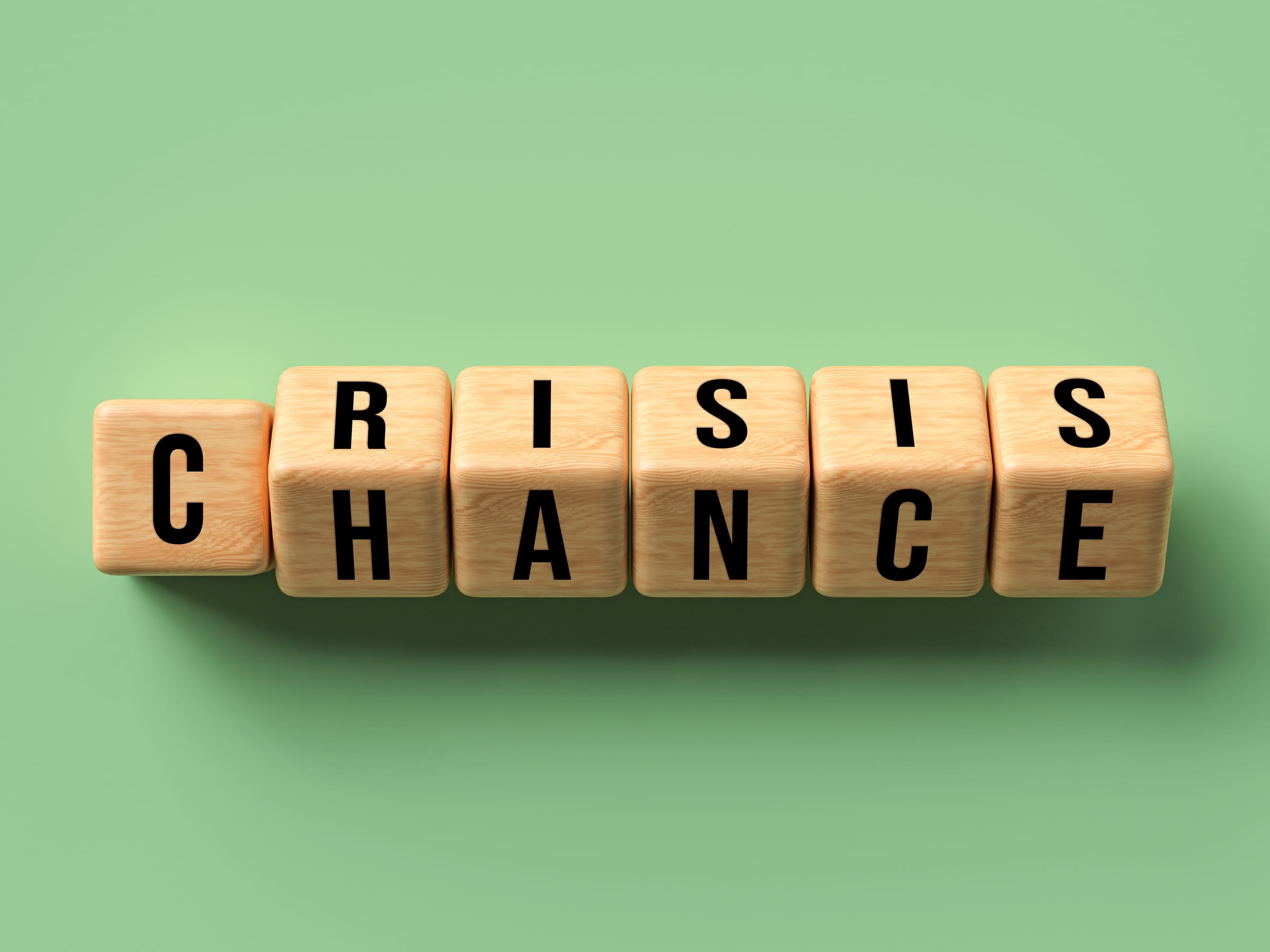Media buying and planning
24 June 2021
Australians more interested in their finances since the pandemic
Many indicated they could use help with parts of their financial decision making
Key points:
- One in three Australians are taking a more active interest in their finances than they did pre-Covid
- For brands, there has never been a better time to connect with audiences about their finances. Australians are curious, open-minded and keen to engage but a one-size-fits-all approach will not deliver results
- The most common areas in which Australians would like help is growing long-term wealth, setting themselves up for retirement and managing their superannuation fund
Covid-19 has resulted in Australians taking a more active interest in their finances, but many have indicated they could use help with various aspects of their financial decision making.
After more than a year of Covid-19 restrictions affecting day-to-day life, there seems to be more cause for optimism as the world slowly moves back to normal. Australia is ahead of the curve and research carried out in May 2021 by Australian media company Nine Media found that 39% of their audience is optimistic about the future, compared to 30% who were cautious. The remaining 31% were a mix of cautious and optimistic.
While levels of optimism vary among genders, age and household income, male consumers, older generations and those with higher household incomes are currently feeling the most optimistic.
Impact on financial decisions
Covid-19 has also resulted in some significant changes in how people view their finances and what they find important financially.
While sustainability and other ESG issues were already on consumers’ agenda for a while pre-Covid, they have become even more important in 2020. The top two things audiences find more important now than they did pre-Covid are buying Australian (60%) and buying from businesses in their local community (55%). Additionally, 2021 already saw a 355% increase in social conversations around sustainable banking and sustainable finance compared to 2020.
One in three respondents are taking a more active interest in their finances than they did pre-Covid and conversations around financial literacy increased by 113%, mainly driven by women.

Source: Nine Media
Facing uncertain futures, Australians are looking for innovative ways to grow their wealth and manage their money. With the rise of crypto currencies, many are turning to digital communities as hubs of knowledge sharing. However, in their hunger for information, consumers risk landing on websites or social media pages that aren’t necessarily trustworthy sources.
For brands, there has therefore never been a better time to connect with audiences about their finances. Australians are curious, open-minded and keen to engage but a one-size-fits-all approach will not deliver results. Companies need to recognise the vastly different levels of knowledge and financial literacy, and meet consumers where they are, not where we would like them to be.
Financial literacy
Speaking of different levels of knowledge, Covid has highlighted financial literacy gaps and across Nine’s audiences, there are pockets of people with less confidence in their financial skills. When asked how confident they are about their financial decision making, 53% of 18-34-year-olds said they were confident, while only 36% of those with a household income between AUD 80k-199k felt confident.

Source: Nine Media The need for transparent and accessible financial information
has never been greater as Australians seek information from multiple sites and
multiple sources. Financial providers can help build people’s confidence when
it comes to financial literacy. There are some needs that are priorities for multiple groups
of people. The most common needs are to grow long-term wealth (31%), set
themselves up for retirement (26%) and to manage their superannuation fund
(24%). Source: Nine Media But when focusing on specific audience profiles, the
differences are clear. Women would prefer most help with growing long-term
wealth (24%), having enough for emergencies (20%), saving money (19%) and
avoiding temptation, having self-control (17%). Meanwhile, readers of Sydney Morning Herald, The Age and
WAToday (the metro readers) are most interested in information on how to make
ethical/sustainable choices (23%), make better ‘small’ decisions (13%), and
choose or switch providers (12%). And 35-45-year-olds need help with almost everything, but
particularly with growing long-term wealth (34%), setting themselves up for
retirement (34%), saving money (20%), growing short-term wealth (17%) and
avoiding temptation, having self-control (17%). It is not just the big financial decisions Australians want
help with. Faced with so many money matters, people feel overwhelmed. Focusing
on small changes can help make daunting tasks manageable and brands can help to
break it down for them. When choosing financial providers, Australians are looking
for values which reflect how they feel about many other things in life.
Locally/Australian-owned or operated is an important value for 54% of
respondents, while 38% would choose a financial provider who looks after staff
welfare and is an equal opportunity employer. A financial provider that is
sustainable and environmentally friendly is important for 36% of respondents,
although 22% indicated they don’t think about the values of financial
organisations at all. As Australia is ahead of the curve, having emerged from the
grip of the pandemic faster than many other countries, it will be interesting
to see if consumers in other markets have also started to take a more active
interest in their finances. 
Similar Articles

The three A’s reshaping financial marketing
- Published 04/23/2025
- Media buying and planning
- 9 MIN READ

Marketing in the storm: why asset managers must stay visible in times of crisis
- Published 04/17/2025
- Media buying and planning
- 4 MIN READ
